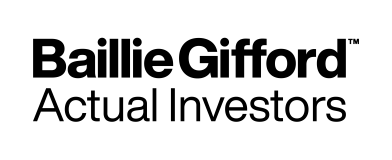Many companies make the transition from privately owned business to publicly listed company on a wave of publicity. An initial public offering (IPO) can be a watershed moment for many firms, but that moment is often complicated by a degree of hype, particularly if the company has a high profile or if the flotation is controversial. This is often the case when a taxpayer-owned company floats on the stock market – for example, Royal Mail’s flotation in October 2013 took place amid considerable fanfare but was subsequently beset by complaints that the company had been undervalued.
IPOs are often perceived as a goal for relatively small or young companies who want to raise cash. However, IPOs are also undertaken by well-known, established companies who want to take advantage of some of the benefits that come with a public listing. Many companies hold an IPO to generate additional capital, perhaps to invest in their business or to reduce existing debt. An IPO can help to draw attention to the company, providing additional publicity that may, in turn, generate new customers and boost market share. They can also provide an opportunity for a company’s founders to cash in on their in the business, or even to quit the firm altogether.
Alongside the advantages of a public listing, the company will have to win the confidence of the market over the long term, and also has to get used to a greater level of scrutiny. This scrutiny comes not only from investors, the authorities, and regulatory bodies, but also from the media. This level of attention might motivate a nervous or inexperienced management to pursue short-term performance rather than focusing on longer-term growth and investment.
Of course, a publicly listed company also has to abide by the most stringent rules and regulations. This high level of accountability, reporting and disclosure can prove expensive and time-consuming but the additional transparency may also make the company more attractive to lenders.
For a private investor, investing in an IPO is a relatively high-risk option, even if the company is a household name. Above all, it is vital to understand the general risks involved in direct investment in a single company, and the specific risks relating to the company in question. It is easy to become swept up in the hype, so take expert advice before jumping in.







